
Biocompatibility Testing for Medical Devices ISO 10993
The biocompatibility testing fee for ISO 10993 medical devices is $4,000, with a turnaround time of 4 weeks (including cytotoxicity testing, sensitization testing, and skin irritation testing). Our laboratory holds CNAS and CMA qualifications and is an GLP authorized laboratory, capable of providing you with biocompatibility testing reports in both Chinese and English.
Email: chen18814186731@gmail.com
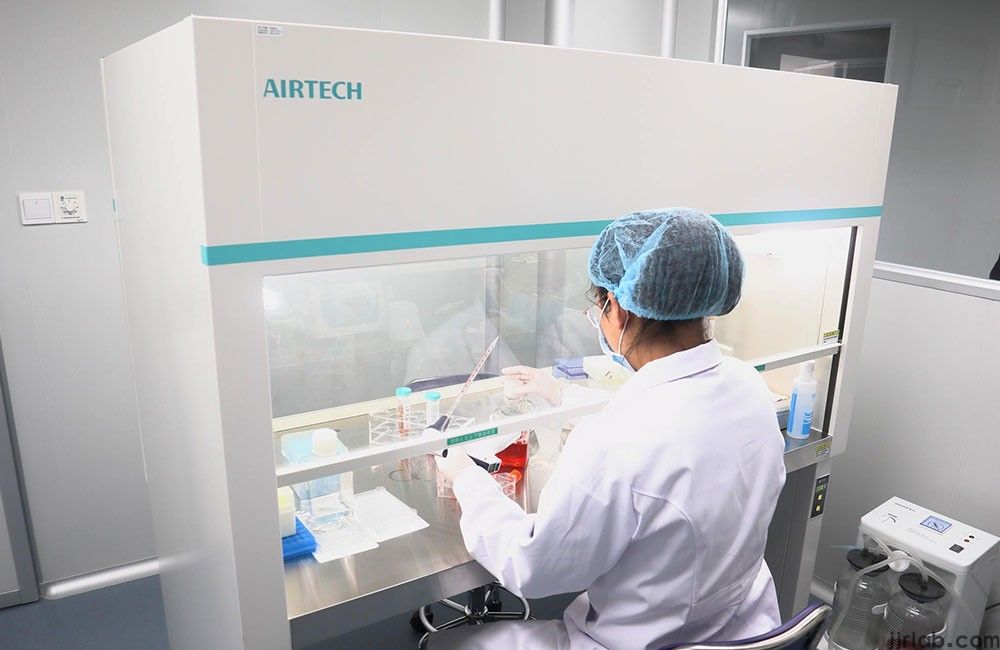
What is Biocompatibility Testing?
Biocompatibility testing sounds highly specialized and might not draw much attention in daily life, but it's actually a mandatory testing process for all medical devices that come into direct contact with consumers/patients.
Biocompatibility refers to the compatibility between living tissues (human or animal) and inert materials (medical products), involving biological, physical, and chemical reactions. It generally refers to the compatibility between materials and hosts or, in simpler terms, the degree to which medical product materials can interact with or be implanted into the body without causing harm and to what extent.
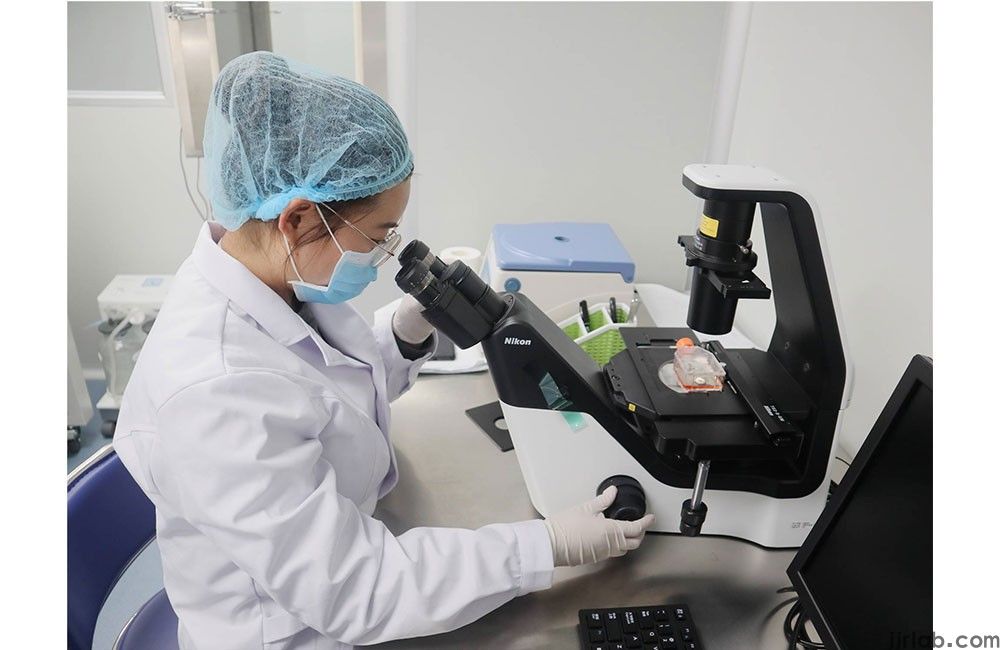
Common Biocompatibility Tests
1. Cytotoxicity Test: Part 5 of the Biological Evaluation of Medical Devices – ISO 10993-5:1999. This test, conducted in vitro, simulates the growth environment of organisms outside the body to detect cytotoxic effects, inhibition of cell growth, and other toxic effects that occur when medical devices and biomaterials come into contact with body tissues.
2. Skin Irritation Test: Part 10 of the Biological Evaluation of Medical Devices – iso 10993-10:2002. This test evaluates the potential release of chemical substances from medical devices that may cause skin, mucous membrane, or eye irritation reactions when in contact with the human body.
3. Sensitization Test: Part 10 of the Biological Evaluation of Medical Devices – ISO 10993-10:2002. This test assesses immune system reactions caused by repeated or prolonged exposure to chemical substances.
Email:chen18814186731@gmail.com
Email:hello@jjrlab.com
Write your message here and send it to us
 When Can FCC ID Modifications Be Filed?
When Can FCC ID Modifications Be Filed?
 LoRa Certification Testing Laboratory
LoRa Certification Testing Laboratory
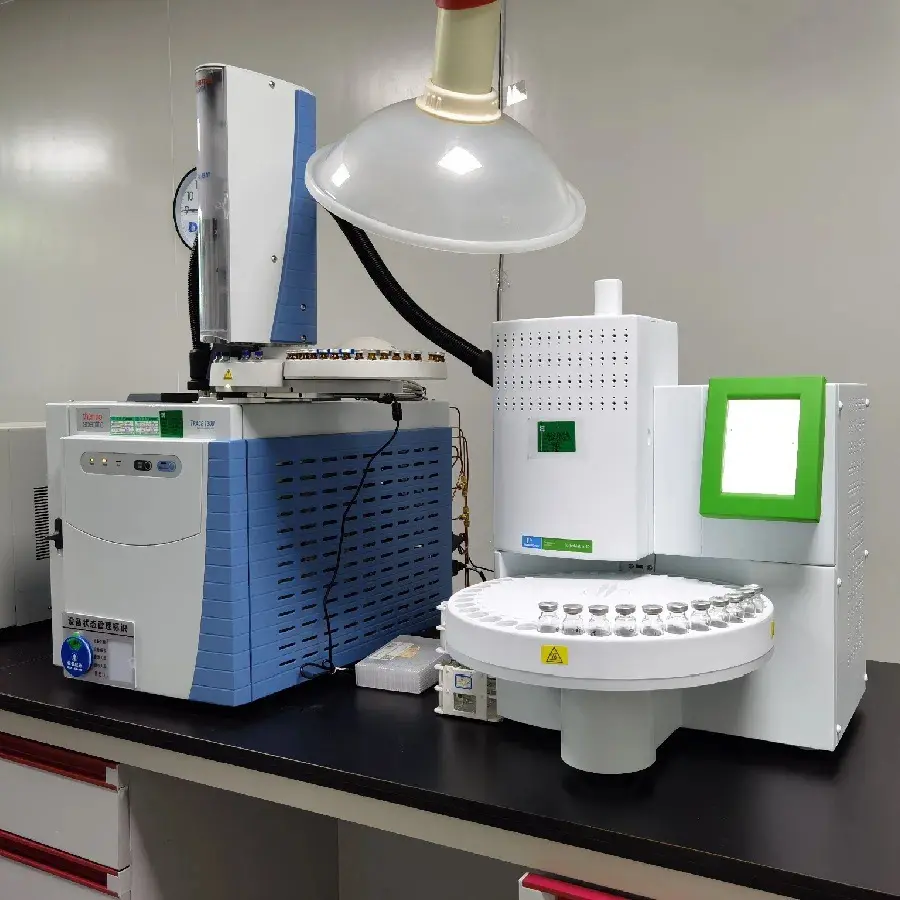 Blood Pressure Monitor Certification Testing Servi
Blood Pressure Monitor Certification Testing Servi
 ECG Device Certification Testing
ECG Device Certification Testing
 Pulse Oximeter Certification and Testing Standards
Pulse Oximeter Certification and Testing Standards
 IVD Medical Device GB 4793:2024 Test Report
IVD Medical Device GB 4793:2024 Test Report
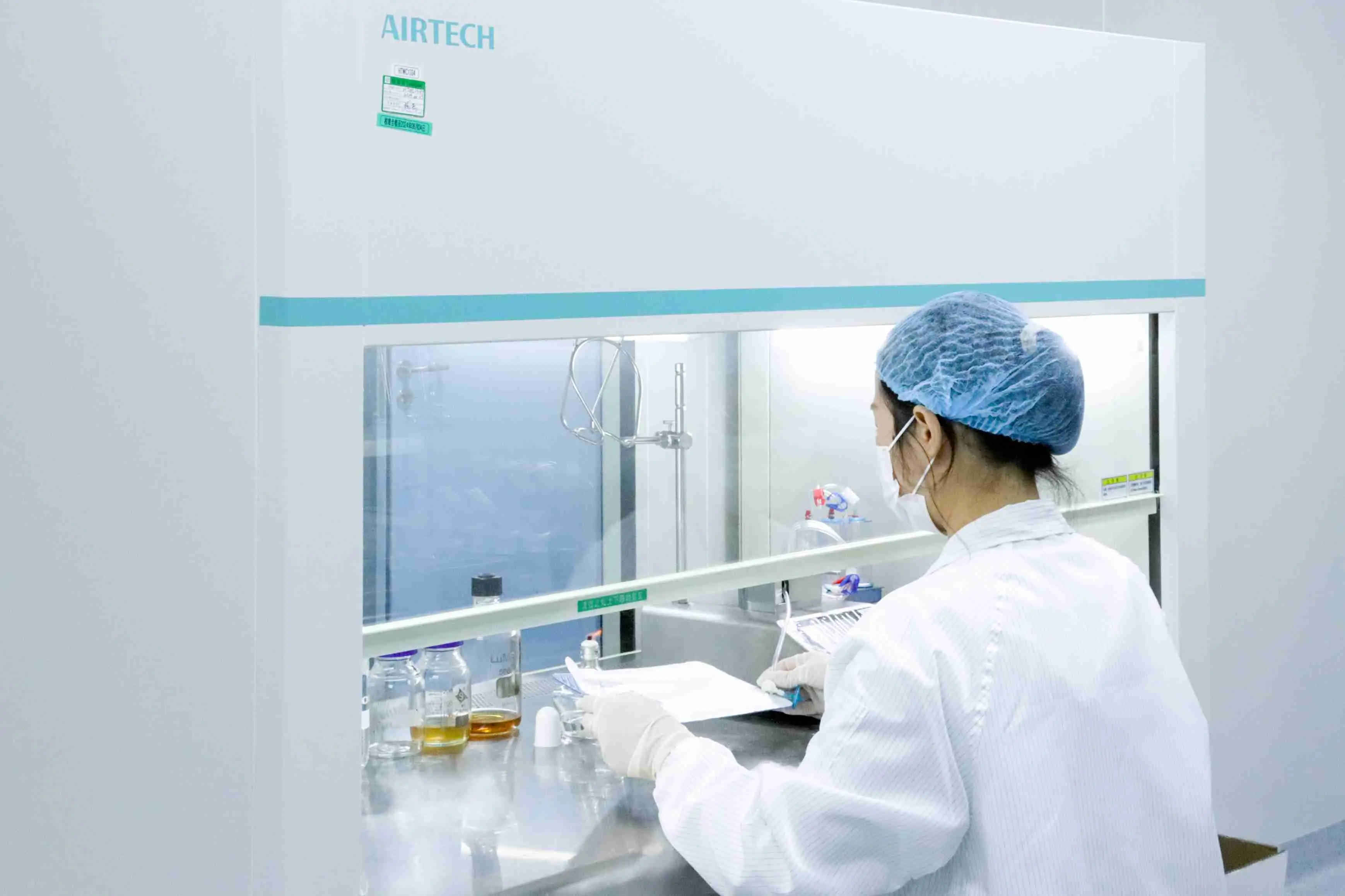 IECEE CBTL Testing Laboratory for IVD Medical Devi
IECEE CBTL Testing Laboratory for IVD Medical Devi
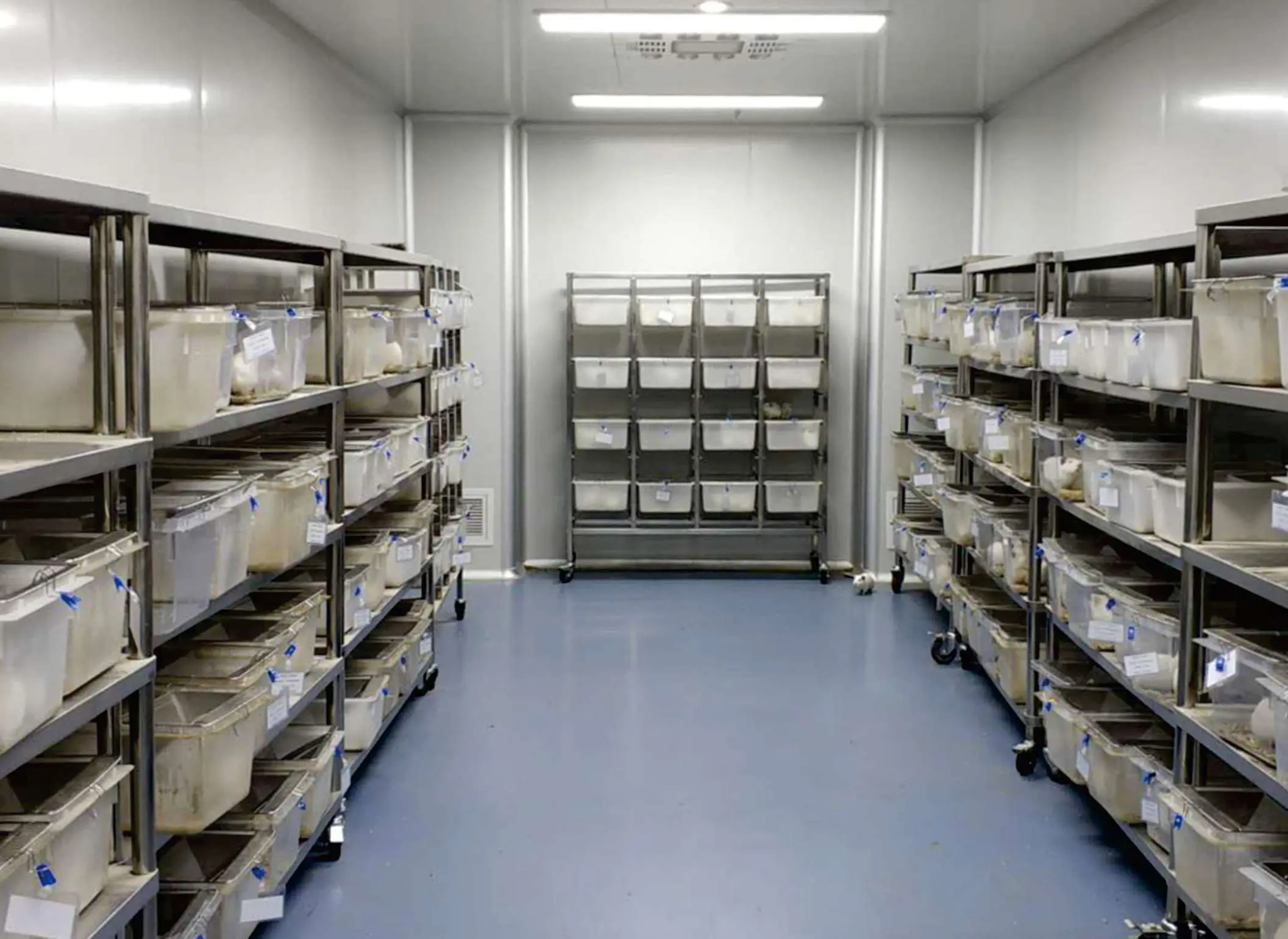 China OECD GLP-Certified Laboratory
China OECD GLP-Certified Laboratory
Leave us a message
24-hour online customer service at any time to respond, so that you worry!




